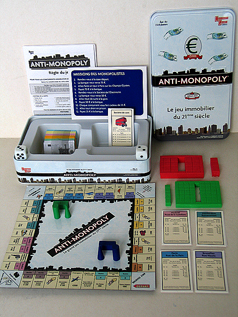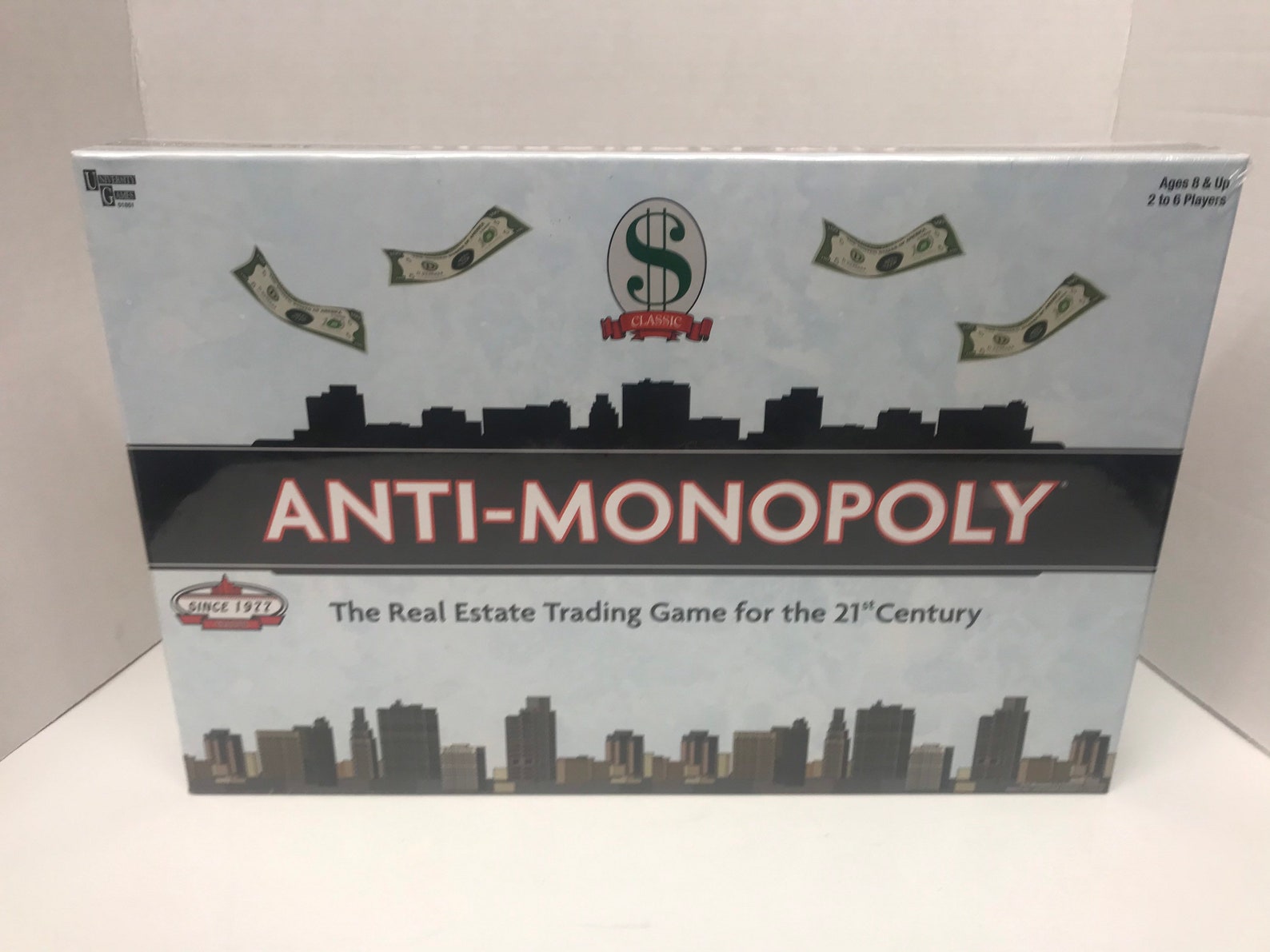
In the centre of each nine-space grouping was a railroad, with spaces for rent or sale on either side. Lizzie drew nine rectangular spaces along the edges of the board between each set of corners. Another corner contained an image of the globe and an homage to Lizzie’s political hero, the economist Henry George, whose ideas about putting the burden of taxation on wealthy landowners inspired the game: “Labor upon Mother Earth Produces Wages.” Also included on the board were three words that have endured for more than a century after Lizzie scrawled them there: GO TO JAIL. In one corner were the Poor House and the Public Park, and across the board was the Jail. And it featured a path that allowed players to circle the board – in contrast to the linear-path design used by many games at the time. Players borrowed money, either from the bank or from each other, and they had to pay taxes. Lizzie’s game featured play money and deeds and properties that could be bought and sold. “It might well have been called the ‘Game of Life’, as it contains all the elements of success and failure in the real world, and the object is the same as the human race in general seem to have, ie, the accumulation of wealth.” “It is a practical demonstration of the present system of land-grabbing with all its usual outcomes and consequences,” she wrote in a political magazine. She began speaking in public about a new concept of hers, which she called the Landlord’s Game. In addition, more and more inventors were discovering that the games were not just a pastime but also a means of communication. At the turn of the 20th century, board games were becoming increasingly commonplace in middle-class homes. She needed a new medium – something more interactive and creative. She was also intensely political, teaching classes about her political beliefs in the evenings after work. Lizzie shared her house with a male actor who paid rent, and a black female servant. She lived in Prince George’s county, a Washington DC neighbourhood where the residents on her block included a dairyman, a peddler who identified himself as a “huckster”, a sailor, a carpenter and a musician. Completely on her own, she had saved up for and bought her home, along with several acres of property. Even more unusual, however, was the fact that she was the head of her household. She was then unmarried, unusual for a woman of her age at the time. The descendant of Scottish immigrants, Lizzie had pale skin, a strong jawline and a strong work ethic. It was the early 1900s, and she wanted her board game to reflect her progressive political views – that was the whole point of it. Night after night, after her work at her office was done, Lizzie sat in her home, drawing and redrawing, thinking and rethinking. To Elizabeth Magie, known to her friends as Lizzie, the problems of the new century were so vast, the income inequalities so massive and the monopolists so mighty that it seemed impossible that an unknown woman working as a stenographer stood a chance at easing society’s ills with something as trivial as a board game. Photograph: United States Patent and Trademark Office Magie’s original board design for the Landlord’s Game, which she patented in 1903. Nor did it appear that written rules existed elsewhere.

Todd was slightly perplexed, as he had never written them up. One day, despite all of his exposure to the game, Darrow – who was unemployed, and desperate for money to support his family – asked Charles Todd for a written copy of the rules. Together with other friends, they played many times. But everybody called it ‘the monopoly game’. The game didn’t have an official name: it wasn’t sold in a box, but passed from friend to friend.

In fact, they were so taken with it that Charles Todd made them a set of their own, and began teaching them some of the more advanced rules. As the two couples sat around the board, enthusiastically rolling the dice, buying up properties and moving their tokens around, the Todds were pleased to note that the Darrows liked the game.

One night in late 1932, a Philadelphia businessman named Charles Todd and his wife, Olive, introduced their friends Charles and Esther Darrow to a real-estate board game they had recently learned.


 0 kommentar(er)
0 kommentar(er)
